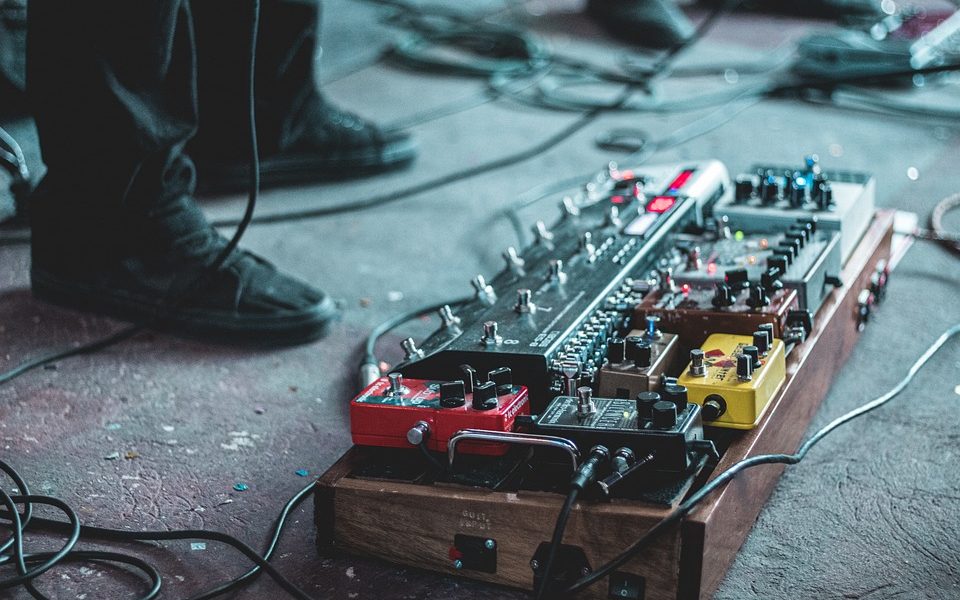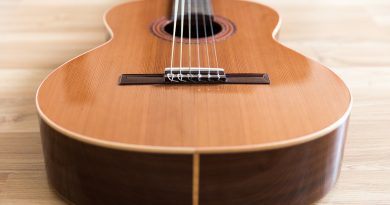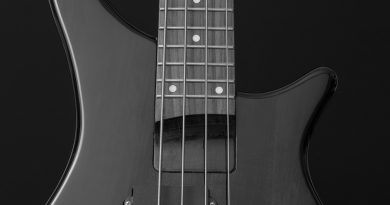Mastering the Basics: Essential Guitar Tips for Beginners
Mastering the Basics: Essential Guitar Tips for Beginners
Learning to play the guitar can be a rewarding and fulfilling experience. However, mastering the basics is essential in order to progress and become a skilled guitarist. Whether you are picking up the guitar for the first time or have been playing for a while, it is important to focus on foundational skills and techniques. In this article, we will provide essential guitar tips for beginners to help you improve your playing and reach your musical goals.
1. Get the Right Equipment
Before you start learning how to play the guitar, it is important to have the right equipment. Make sure you have a quality guitar that is comfortable to play and fits your style. Whether you prefer an acoustic or electric guitar, choose one that feels good in your hands and sounds great to your ears. Additionally, invest in a tuner, picks, a guitar strap, and a comfortable guitar stand to help you practice with ease.
2. Learn Proper Posture and Hand Position
One of the most important aspects of playing the guitar is maintaining proper posture and hand position. Sit or stand up straight while playing, with your back against a supportive chair or wall. Keep your feet flat on the ground and use a footrest if necessary. When holding the guitar, make sure your wrist is straight and relaxed, and your fingers are curved over the strings. Practicing good posture and hand position will not only improve your playing but also prevent injuries in the future.
3. Practice Regularly
Consistent practice is key to mastering any skill, including playing the guitar. Make time in your daily schedule to practice, even if it is just for a few minutes each day. Set specific goals for each practice session, such as learning a new chord or mastering a technique. Remember that progress takes time, so be patient and persistent in your practice routine.
4. Focus on Chords and Scales
Chords and scales are the building blocks of music and essential for every guitarist to learn. Start by mastering basic open chords such as G, C, D, E, and A, and practice switching between them smoothly. Once you are comfortable with open chords, move on to barre chords and more advanced chord shapes. Additionally, learn major and minor scales to improve your soloing and improvisation skills.
5. Develop Fingerpicking and Strumming Techniques
Fingerpicking and strumming are two fundamental techniques that every guitarist should master. Practice different strumming patterns and rhythms to improve your timing and groove. Experiment with fingerpicking patterns and arpeggios to enhance your melodic playing. Focus on precision and control in both techniques to become a versatile and well-rounded guitarist.
6. Listen to Different Styles of Music
Exposure to a variety of musical styles can greatly enhance your playing and broaden your musical horizons. Listen to different genres of music such as rock, blues, jazz, folk, and classical to explore new techniques and sounds. Pay attention to the guitar playing in each genre and try to incorporate elements of different styles into your own playing. By expanding your musical palette, you can develop a unique and personal style as a guitarist.
7. Take Lessons or Join a Guitar Class
While self-teaching can be effective, taking lessons from a qualified instructor or joining a guitar class can accelerate your learning and provide valuable feedback. A teacher can help you correct bad habits, learn new techniques, and develop a personalized practice plan. Additionally, playing with others in a group setting can improve your timing, listening skills, and overall musicianship. Consider enrolling in a local music school or joining an online guitar course to enhance your learning experience.
8. Record Yourself and Seek Feedback
Recording yourself while playing the guitar is a valuable tool for self-assessment and improvement. Listen to your recordings critically and identify areas for improvement, such as timing, tone, and technique. Seek feedback from fellow guitarists, instructors, or online communities to receive constructive criticism and advice. By constantly evaluating your playing and seeking feedback, you can track your progress and continue to grow as a guitarist.
9. Have Fun and Stay Motivated
Above all, remember to have fun and enjoy the process of learning to play the guitar. Playing music should be a fulfilling and joyful experience, so don’t get discouraged by mistakes or challenges. Stay motivated by setting realistic goals, rewarding yourself for progress, and exploring new musical avenues. Surround yourself with supportive peers, mentors, and resources to inspire and encourage your musical journey. With dedication, patience, and a positive attitude, you can master the basics and become a confident and skilled guitarist.






